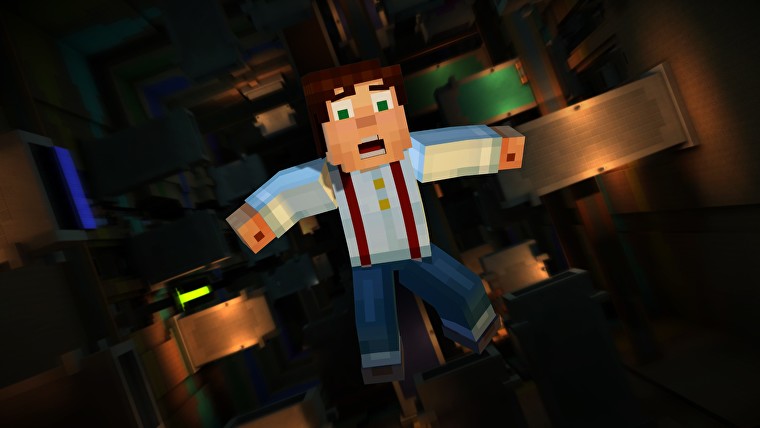Researchers at Iowa State University have unlocked the secret to creativity, and that secret is Minecraft. Kind of. The researchers got two groups to play Minecraft, another to play “a NASCAR racing game”, and another to watch TV. Then they all drew aliens and had their creativity judged based on how far their drawings strayed from boring human anatomy.
The group that played Minecraft without further instruction were judged to be the most creative – but the group that played Minecraft while being told to “be as creative as possible” were the least. What’s going on there, then? ‘Not sure’, say the researchers.
Here’s co-researcher and psychology professor Douglas Gentile, telling you about the thing he understands more than me.
The most interesting part has to be how urging people to be creative wound up restraining them. Rather than give one explanation, Gentile suggests a couple:
“Maybe creativity’s like a muscle, and they tried really hard in the game and then it was worn out by the time they got to the alien drawing task. Maybe they didn’t like being told how to play, and so were kind of subtly rejecting our instruction. We don’t really know, and followup studies will have to look at this. But it does look very similar to much of the other game research, that what you practice you can get better at, but in fact how you do it might matter just as much.”
So, no firm conclusions – but a promising avenue for further research. His ‘exhaustion’ theory does remind me of those case studies that suggest willpower functions like a resource, with judges being more likely to reject parole applications the closer they get to lunch. Then again, the idea that being told to be creative winds up restricting your thinking has an appeal of its own.
I’m also interested in exactly how they assessed creativity. That alien drawing task is a smart way of going about measuring a process that seems absurdly hard to assess scientifically, but it has its limits. You could draw a single straight line and presumably score maximum points for creativity, which (delightfully) seems both wrong and very accurate.
